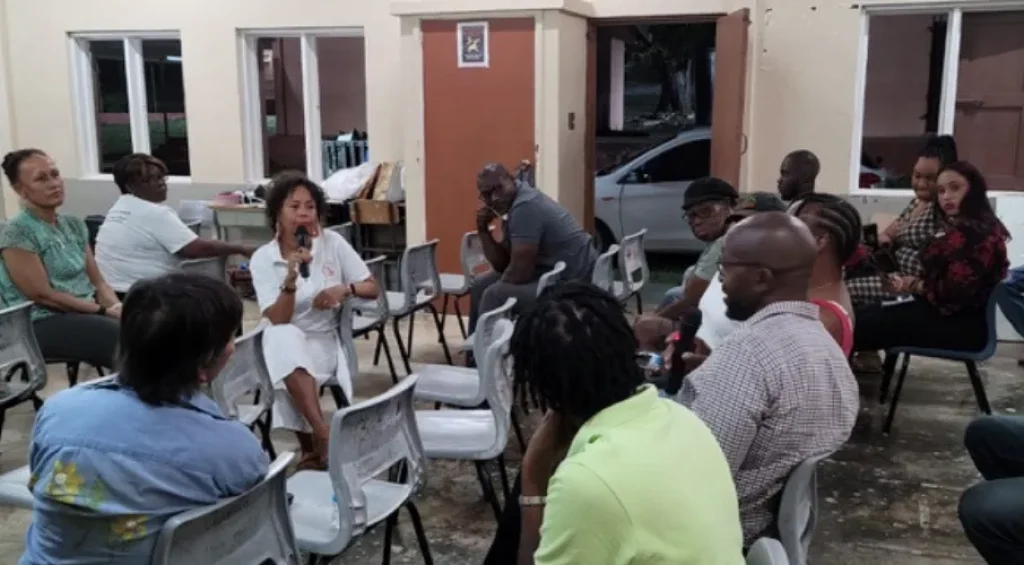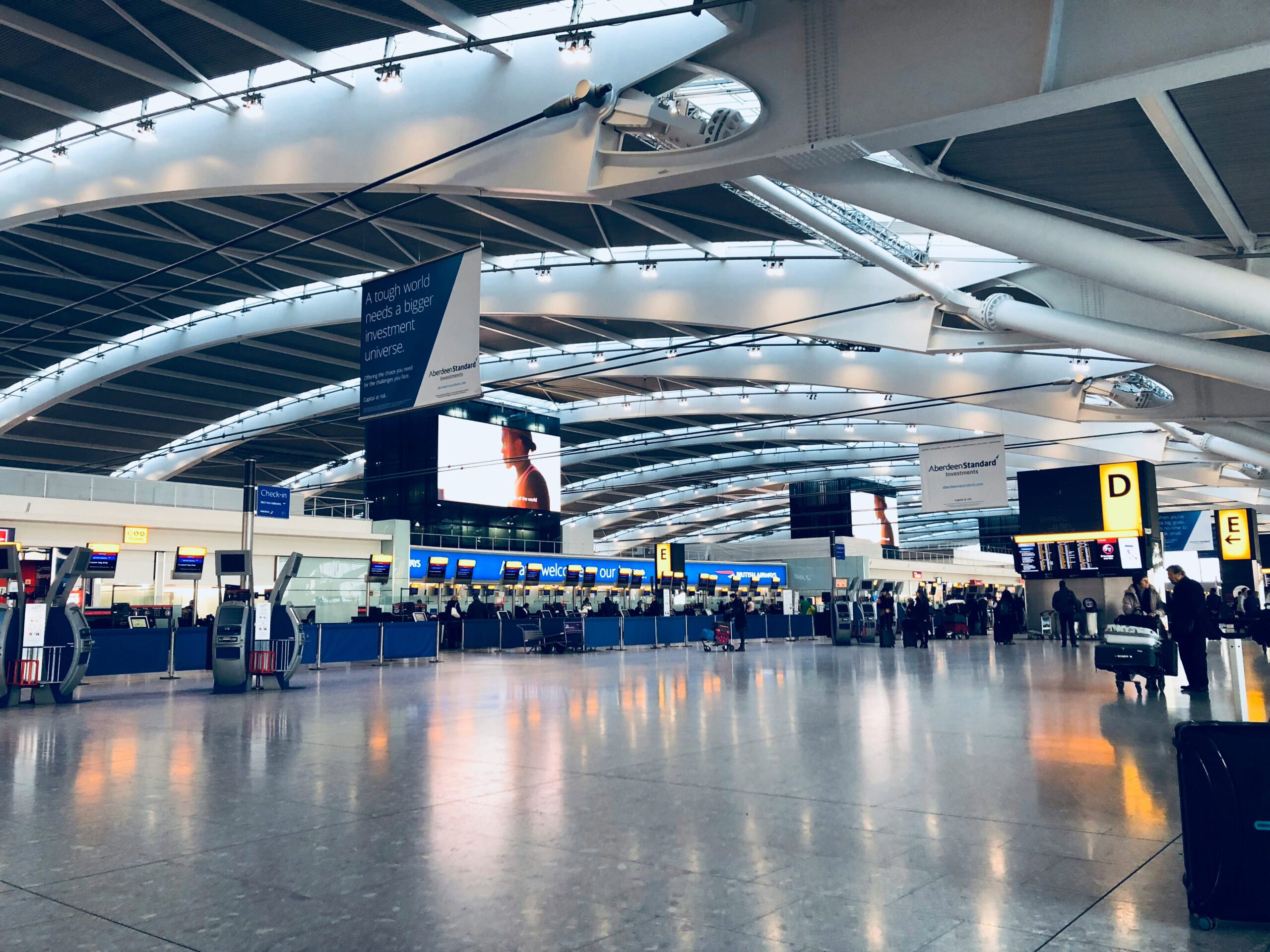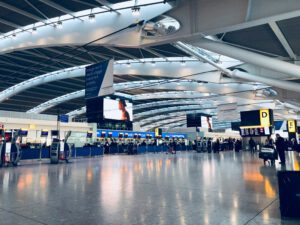In today’s rapidly changing world, citizen engagement has emerged as a crucial element in development projects. By empowering citizens and involving them in decision-making processes, development interventions can become more inclusive and responsive to the needs and aspirations of the people they are designed to benefit.
The World Bank´s Caribbean Hotspot Project, implemented under the Critical Ecosystem Partnership Fund, is successfully engaging citizens in reducing threats to globally important biodiversity in Caribbean countries. Below are three examples highlighting how the project has approached community actors as co-creators of solutions for the Caribbean region.
- Local climate change assessments and adaptation plans in Jamaica:
In Jamaica, the Jamaica Environment Trust (JET) has actively involved communities in the Cockpit Country Protected Area and Key Biodiversity Area in climate change assessments which analyze the impact of climate change on the area and residents’ livelihoods. The project has facilitated stakeholder consultations, bringing together local authorities, civil society organizations, and residents, and used this collaborative approach to develop local adaptation plans that are both contextually relevant and community driven. On the scientific side, climate change impacts have been studied with the help of the University of the West Indies Climate Studies Group, Mona.
Now, JET’s next step is to share the findings with communities and have discussions about the adaptation strategies, which they are already using, based on their own experiences with climate change. By sharing scientific results and considering local knowledge, JET is building trust, acknowledging the community’s experiences, and emphasizing that the communities are active participants and collaborators in the project, rather than just receiving help passively.

Dr Theresa Rodriguez-Moodie explaining the concept of climate change at a community session. Community members doing a group exercise. Troy, Jamaica. May 2023. Jamaica Environment Trust.
- Promoting beekeeping for sustainable income generation in the Dominican Republic:
In the Dominican Republic, the Caribbean Hotspot Project has partnered with Fondazione AVSI to address threats posed to the Sierra de Bahoruco National Park by slash-and-burn agriculture. The project has centered its efforts on promoting beekeeping as a sustainable alternative for income generation in the transition and buffer zones surrounding the park, as well as to foster active participation in the conservation of flora and maintenance of forest cover. Beekeeping training is currently underway with more than 30 beekeepers from five target communities.
Although often perceived as “men’s work”, the project has set out to include women intentionally in beekeeping activities. As part of the effort to consolidate community buy-in for conservation, the project will also contribute to the reforestation of 10 hectares of native trees.

AVSI Beekeeping training. April 2023. Valentin Cuevas.
- Community engagement and environmental service delivery in Antigua and Barbuda:
In Antigua and Barbuda, the Caribbean Hotspot Project has facilitated citizen engagement through the Collaborative Social Accountability Team at Integrated Health Outreach (IHO). The team has brought residents from various communities in the country’s North-East Marine Management Area together. The goal was to gather their opinions on the environmental services they expect the government to provide and to explore ways to improve service delivery for better protection of important areas and threatened species.
As a result of these community meetings held in late 2022, a community scorecard has been developed, enabling citizens to highlight their perception of the government’s efforts in environmental service provision. Additionally, a service delivery index was created, which summarizes the services the community would like to see provided, such as addressing illegal dumping, and the government’s commitments to meet those needs. This is the first time such a tool has been developed and used at the community level in Antigua and Barbuda.
In December 2022, government representatives and community members came together to share the findings from the service delivery index, with the objective to collectively identify how to address the gaps. This was a precursor to follow-up multi-stakeholder meetings held quarterly throughout 2023, aiming to sustain the dialogue and progress made in promoting citizen engagement and accountability.

Compact meeting. March 2023. IHO.
The Caribbean Hotspot Project, financed by the Critical Ecosystem Partnership Fund, has demonstrated exemplary success in engaging citizens in biodiversity protection across the Caribbean region. By prioritizing community involvement, the project has empowered individuals and communities to actively participate in decision-making processes, fostering a sense of ownership and responsibility towards their environment.
The examples above from Jamaica, the Dominican Republic, and Antigua and Barbuda, showcase the transformative power of citizen engagement in driving sustainable development and resilience in the face of climate change challenges. Through continued efforts to promote citizen participation, we can unlock the full potential of communities and create a more inclusive and sustainable future for all.
source: Worldbank blogs







































































